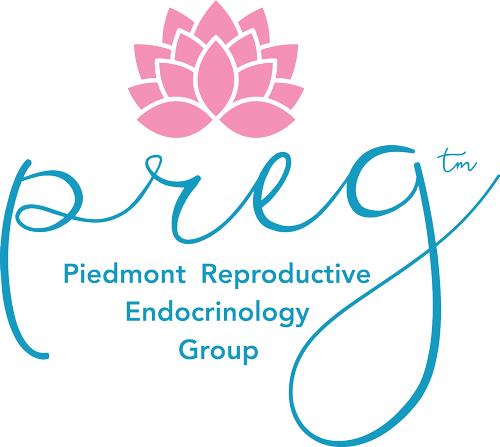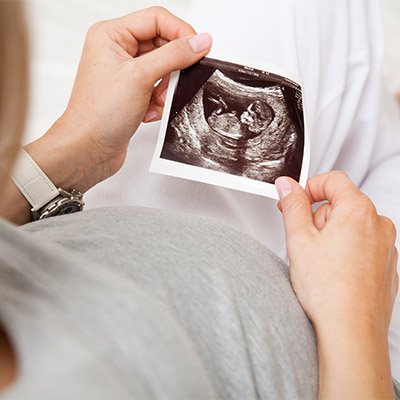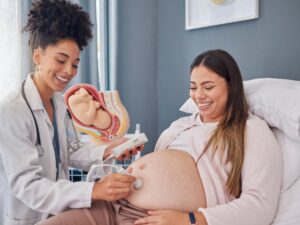
As the novel coronavirus disease (COVID-19) spreads around the world and throughout the USA, our professional community and policymakers, and the public in general, are seeking advice regarding how to manage patients who are undergoing or who are planning to undergo infertility treatment.
Currently, very little is known about the impact of COVID-19 on reproduction and pregnancy. There are reports of women who have tested positive for COVID-19 delivering babies free of the disease. (1,2) This data is reassuring but must be interpreted with caution given the small numbers. Other forms of coronavirus (3, 4) have been linked to increased adverse outcomes during pregnancy, but data specific to COVID-19 is not yet available. It should be emphasized, however, that coronaviruses are unrelated to the ZIKA virus, which had very clear implications for pregnancy and fetal development. Given the information we do have, while it would be wise for individuals with confirmed or presumed COVID-19 infection to avoid pregnancy, there appears to be no cause for alarm for those already pregnant.
Nonetheless, out of an abundance of caution, patients who have high likelihood of having COVID-19 (fever and/or cough, shortness of breath, and either exposure within 6 feet of a confirmed COVID-19 patient and within 14 days of onset of symptoms, or a positive COVID-19 test result), including those planning to use oocyte donors, sperm donors, or gestational carriers, should strive to avoid a pregnancy. If these patients are undergoing active infertility treatment, we suggest that they consider freezing all oocytes or embryos and avoid an embryo transfer until they are disease-free. Please note this recommendation does not necessarily apply when there solely is a suspicion of COVID-19, because symptoms of COVID-19 are very similar to other more common forms of respiratory illnesses.
ASRM/SART recommends that all its members and their staff be familiar with the travel guidance on a daily basis as provided by the CDC as it is anticipated to change frequently. This advice applies to both men and women. Patients who have been travelling long distances for their care should also consider obtaining copies of their medical records in case they need to transfer their care to a local provider.
ASRM and SART remain concerned that travel restrictions due to the virus may cause intended parents who are using a gestational carrier not to be able to join their newborn in a timely manner. Consequently, we strongly encourage all intended parents and the legal professionals, organizations, and programs that facilitate these arrangements to promptly take the necessary steps to identify families that may be so affected and develop contingencies in the event that these babies need to be cared for following their birth. ASRM/SART member clinics who work with gestational carriers and intended parents are requested to reach out to their patients and those organizations and programs who facilitate gestational carrier arrangements to encourage them to ensure that these steps are taken.
Finally, all reproductive health care professionals and their patients are encouraged to follow instructions from state and local health departments and stay abreast of the latest guidelines and updates issued by the U.S. Centers for Disease Control and Prevention (CDC) and the U.S. Food and Drug Administration (FDA) websites regarding evolving developments concerning the COVID-19 pandemic.
Additional information can be obtained at:
• https://www.cdc.gov/coronavirus/2019-ncov/hcp/clinical-guidance-management-patients.htm
• https://www.fda.gov/emergency-preparedness-and-response/mcm-issues/novel-coronavirus-covid-19
References:
1. Lei D WC, Li C, Fang C, Yang W, Cheng B, Wei M, Xu X, Yang H, Wang S, Fan C. Clinical characteristics of pregnancy with the 2019 novel coronavirus disease (COVID-19) infection. Chinese Journal Perinatal Medicine 2020;23(3).
2. Chen H GJ, Wang C, Luo F, Yu X, Zhang W, Li J, Zhao D, Xu D, Gong Q, Liao J, Yang H, Hou W, Zhang Y. Clinical characteristics and intrauterine vertical transmission potential of COVID-19 infection in nine pregnant women: a retrospective review of medical records. Lancet 2020;395(10226):809-15.
3. Alfaraj SH, Al-Tawfiq JA, Memish ZA. Middle East Respiratory Syndrome Coronavirus (MERSCoV) infection during pregnancy: Report of two cases & review of the literature. J Microbiol Immunol Infect 2019 Jun;52(3):501-3.
4. Wong SF, Chow KM, Leung TN, Ng WF, Ng TK, Shek CC, et al. Pregnancy and perinatal outcomes of women with severe acute respiratory syndrome. Am J Obstet Gynecol 2004 Jul;191(1):292-7.
www.asrm.org | www.reproductivefacts.org | www.asrmcongress.org
The American Society for Reproductive Medicine
J. Benjamin Younger Office of Public Affairs
409 12th Street S.W., Suite 602
Washington, DC 20024-2188
Tel: (202) 863-2494 • Fax: (202) 484-4039






